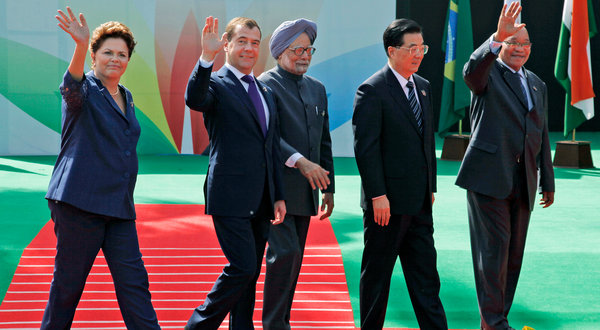
In a recent article in Foreign Affairs (“The Crisis of Europe”), Timothy Garton Ash offers an engaging account of the history of the European Union and explains the origins of the current crisis. His description of the structural flaws (monetary union without political union, etc.) is unabashedly pessimistic, yet more interesting still is his argument about the key drivers of European integration. Initially, what brought Europeans together was the memory of war and the fear of an overbearing Germany. Later on, the presence of the Red Army next door served as a powerful reminder of the need to strengthen the European project further.
Now, neither of these two themes are powerful enough to convince Europeans that the next step -political union – is necessary. Europe’s young know little about their continent’s tortured history, the author points out. The Red Army is no longer stationed at the heart of Europe, and even the EU’s erstwhile no. 1 supporter, the US, no longer regards boosting EU integration as a priority.
Today, Garton Ash says, “the most compelling new rationale for European unification is (…) the rise of non-Western great powers: China, mainly, but also India, Brazil and South Africa.” He argues that in 2030, even Germany is likely to be no more than a small or medium economic power, so Europe has no other option but to unite to be able to stand up to future giants such as China and India.
This argument is remarkable on several counts. First of all, it underlines how common enemies and threats have been useful for domestic and regional projects such as EU integration. In a similar fashion, the Soviet threat allowed European and US leaders to successfully implement ideas that would have been difficult to justify otherwise. Secondly, comparing the rise of the BRICS to threats such as the Soviet Union is astonishing given that today’s emerging powers are far more status-quo oriented than Moscow during the Cold War. After all, policy makers in Beijing, Delhi and Brasília know that their countries are the ones that most benefit from today’s global order.
Finally, and most importantly, it shows that some in the US and the EU may be interested in seeing the BRICS turn into a global geopolitical threat to the West. It could improve US-EU ties and strengthen those who call for a “Western Union” or an “Atlantic Union” – an idea that several policy analysts such as Charles Kupchan have called for. An aggressive anti-hegemonic BRICS bloc would indeed come handy for EU politicians intent on centralizing power in Brussels or US leaders keen on increasing military spending.
Yet today’s emerging powers are unlikely to provide this service and personify the geopolitical enemy some in the United States and Europe are waiting for. In comparison to the United States, China’s economy today is already larger than that of the Soviet Union at the beginning of the Cold War, and yet leaders in Beijing show no signs of seeking to balance the US militarily. Despite occasional anti-hegemonic rhetoric, Indian and Brazilian policy makers are far more interested in slightly modifying existing institutions than in overthrowing today’s institutions. The BRICS’ call of IMF quota reform, however, is hardly the threat potent enough to convince Europeans to huddle up and unite.
Read also:
The Case for IMF Quota Reform (Council on Foreign Relations)
Are the BRICS institutionalizing their cooperation?
BRICS: Visionary policy makers, hesitant academics?
Photo credit: Saurabh Das/AP








